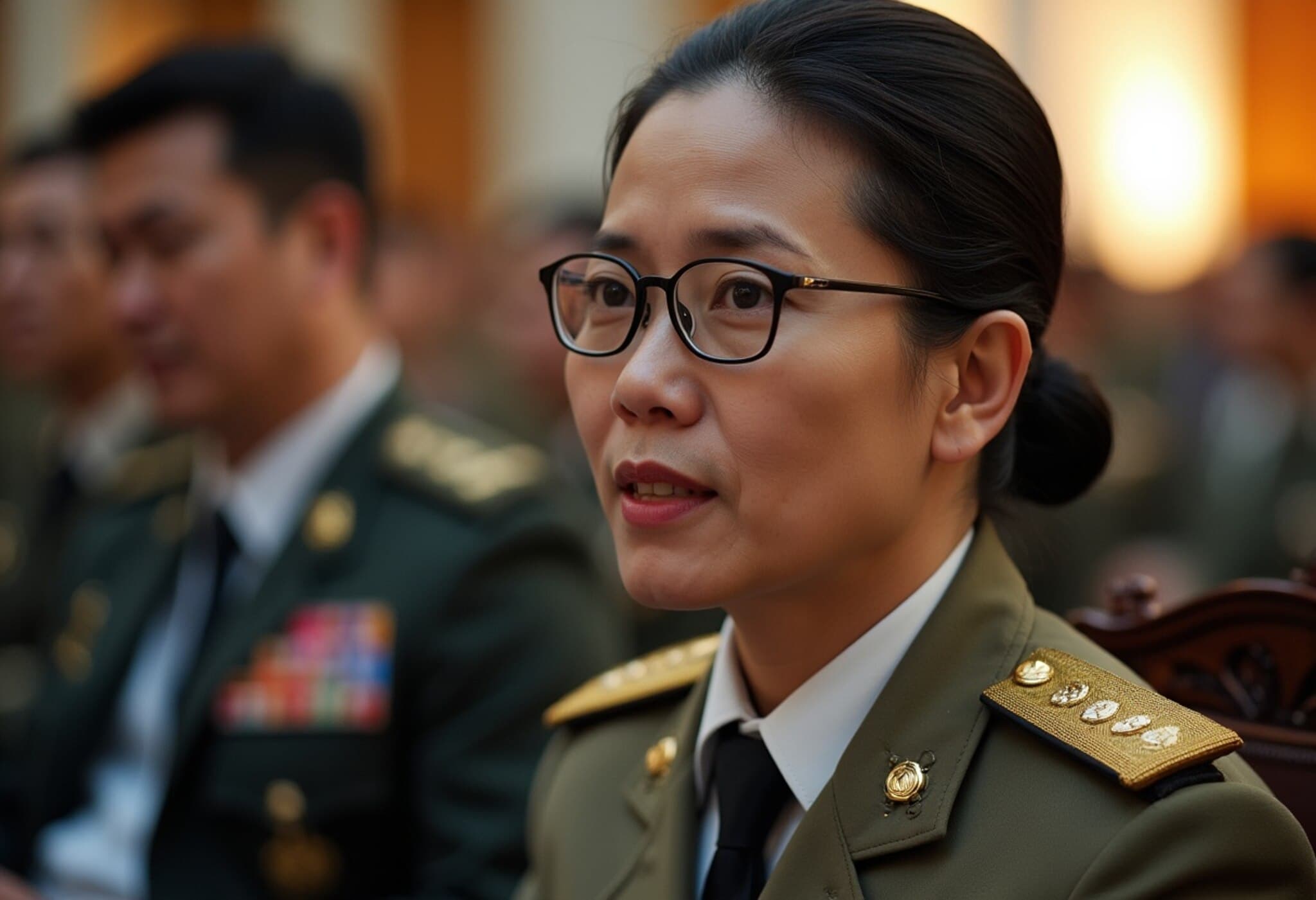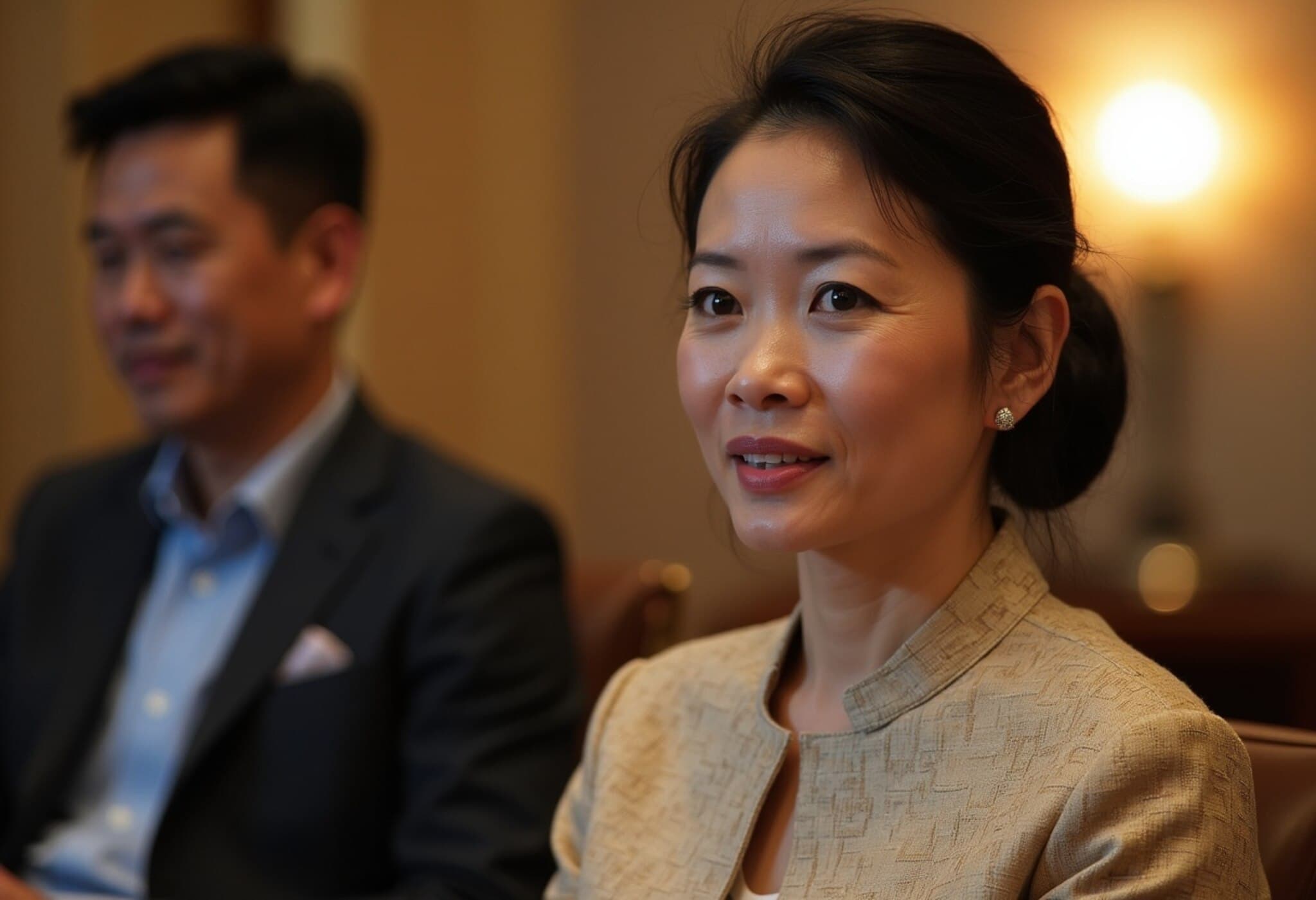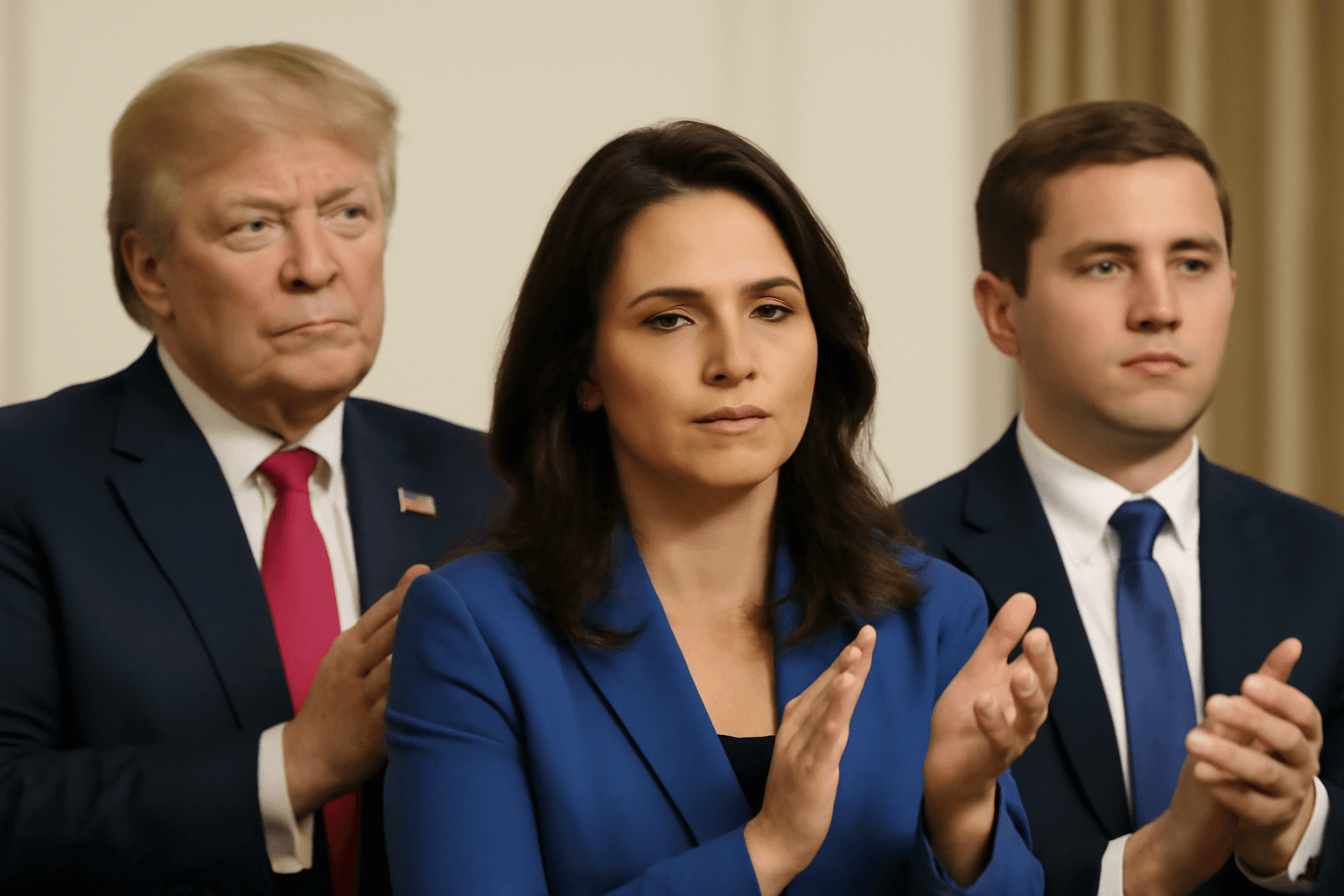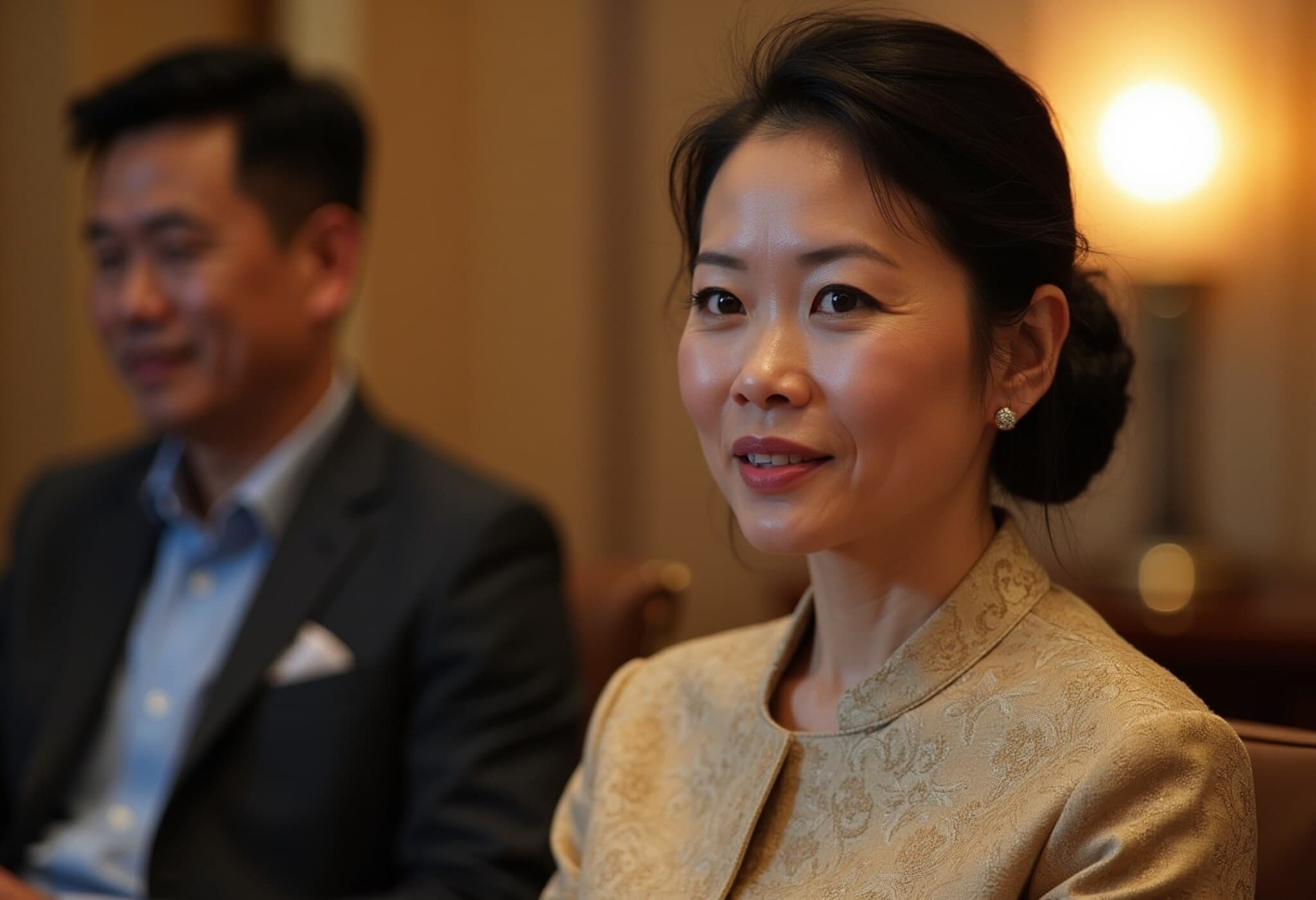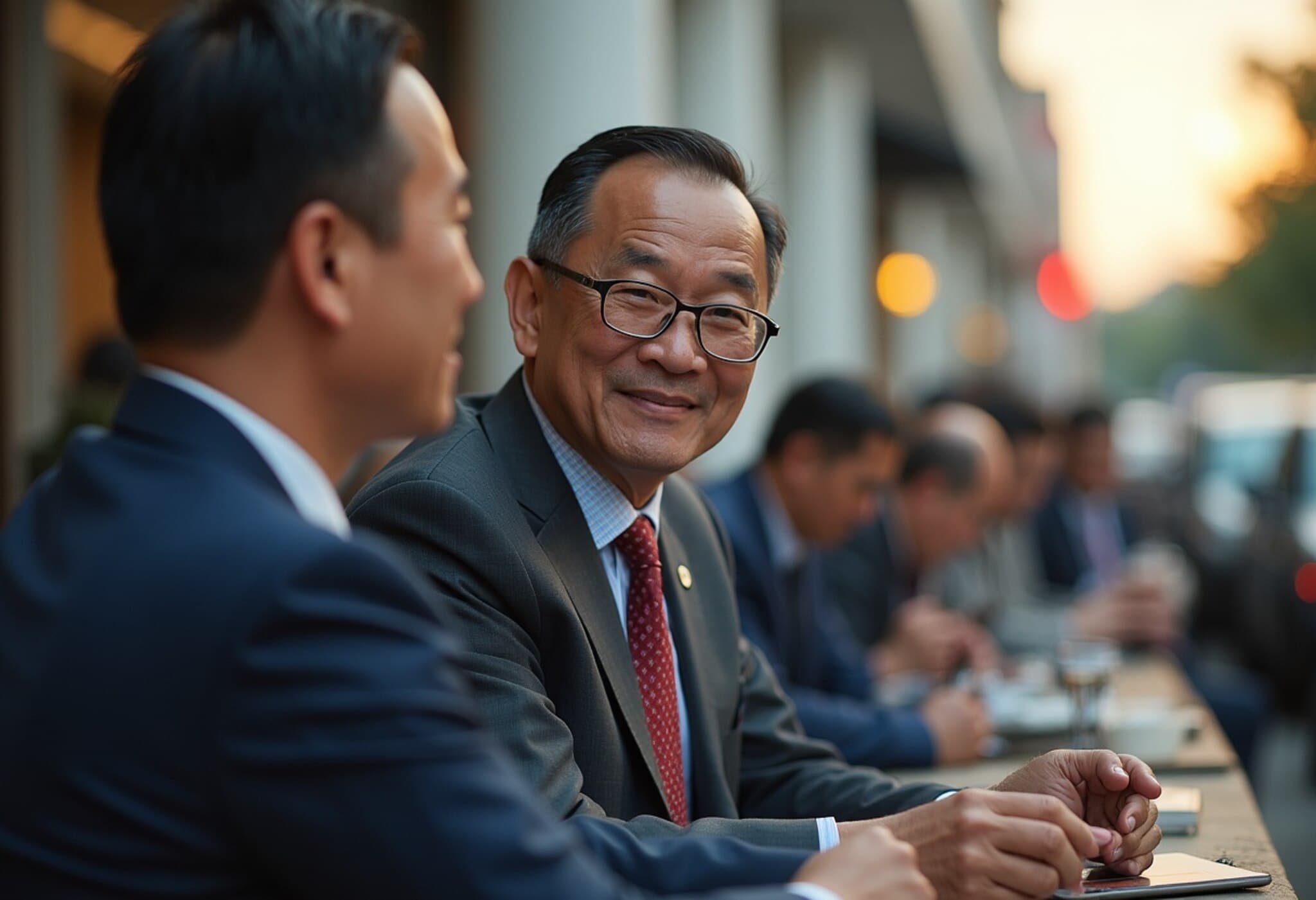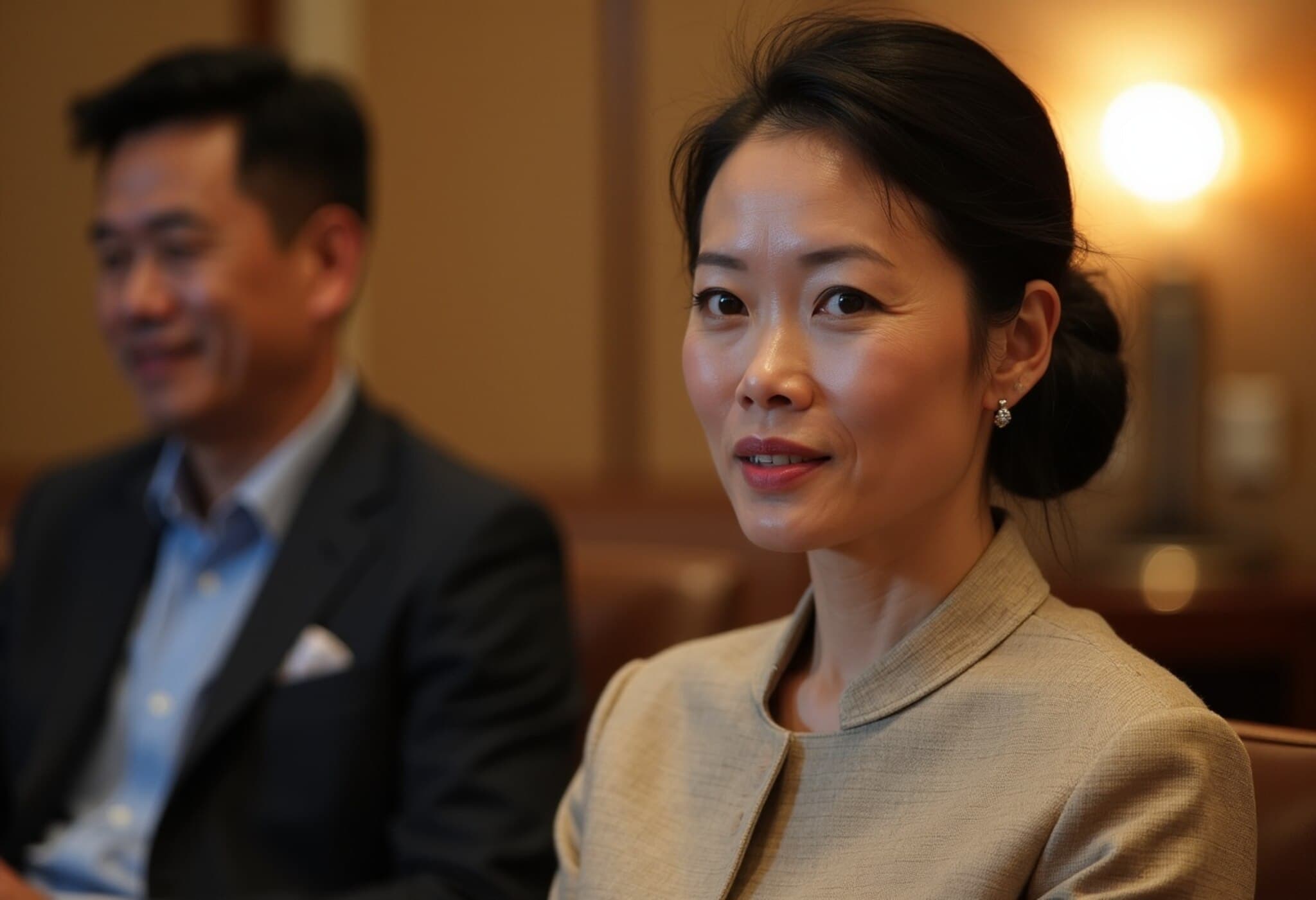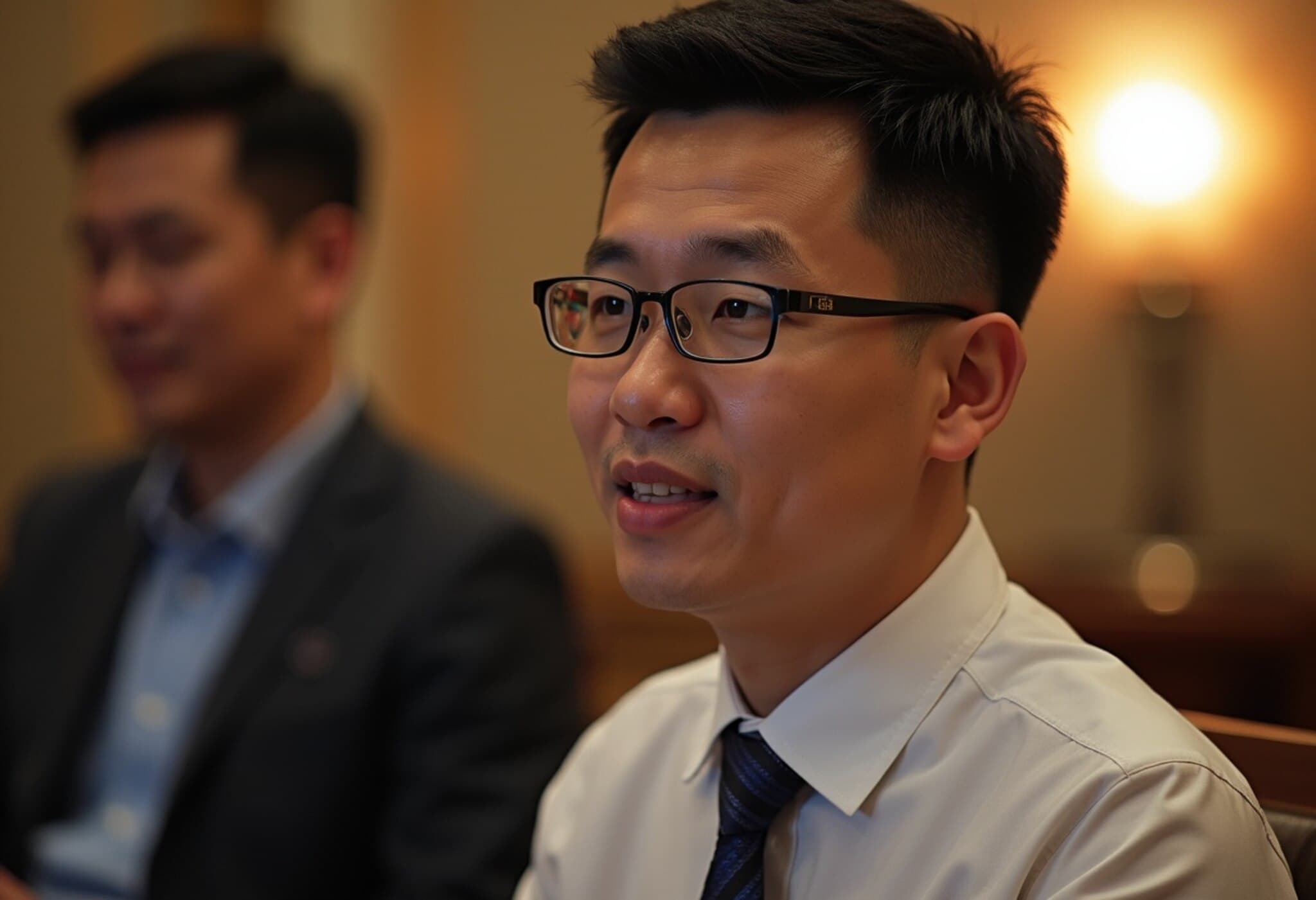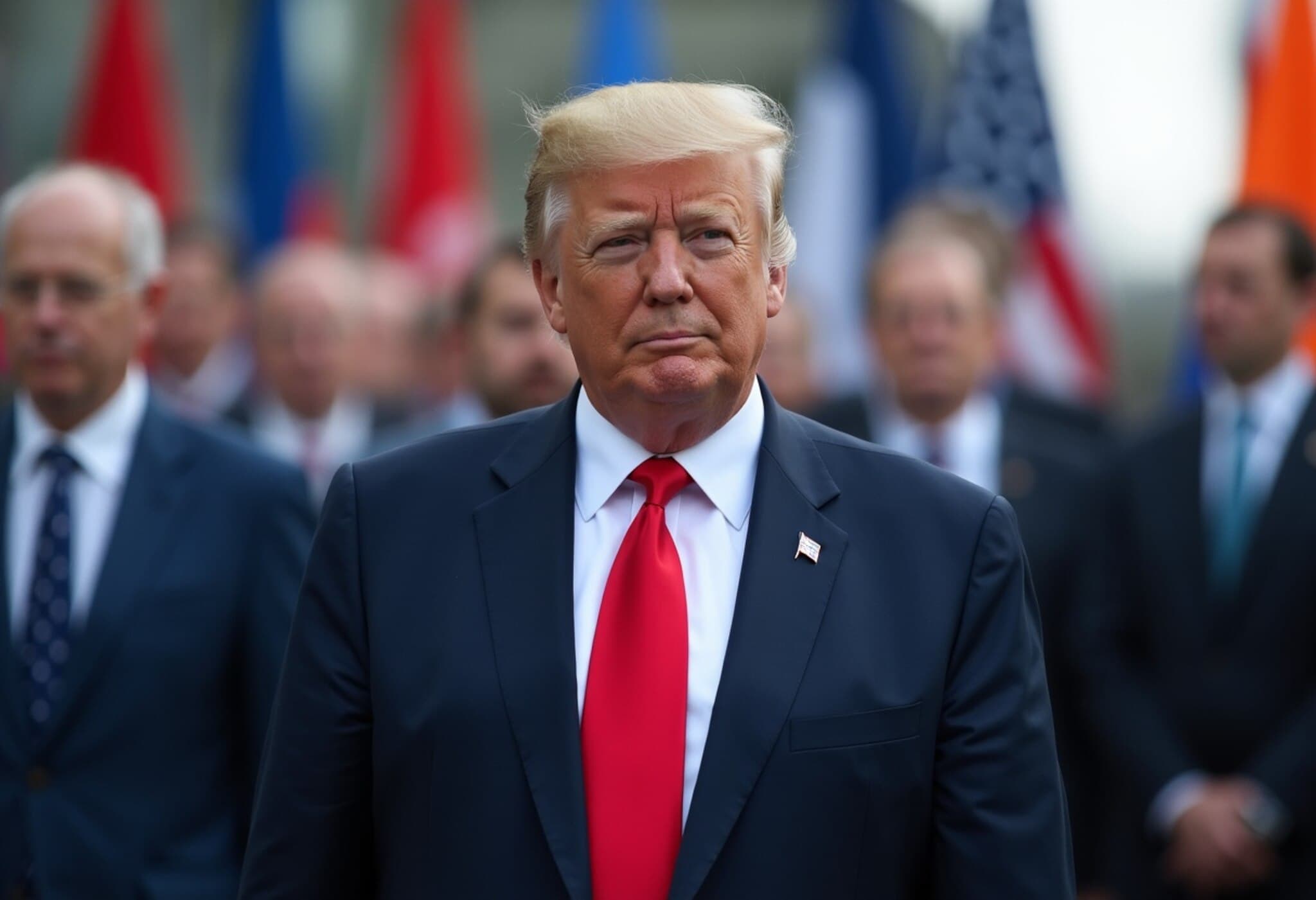Political Turmoil in Thailand: Bhumjaithai Party Sets No-Confidence Motion
Thailand's political landscape is facing fresh upheaval as the Bhumjaithai party, which recently departed the ruling coalition, announced plans to initiate a parliamentary no-confidence vote against Prime Minister Paetongtarn Shinawatra and her cabinet.
Challenges Mount for Prime Minister Paetongtarn Shinawatra
The no-confidence motion, slated for early July, marks the first significant parliamentary challenge for 38-year-old Paetongtarn since she encountered widespread criticism over her administration's management of the escalating border dispute with neighboring Cambodia. This confrontation has left the fragile ruling coalition, led by her Pheu Thai party, precariously close to losing power.
In addition to political opposition, Paetongtarn faces ongoing legal scrutiny. Several senators have petitioned the Constitutional Court and the national anti-corruption body to investigate her conduct, with possible repercussions including her removal from office. Meanwhile, anti-government groups have organized street protests demanding her resignation, further intensifying the pressure.
Reasons Behind Bhumjaithai's Defection
Bhumjaithai's withdrawal from the coalition last week primarily stemmed from concerns over Thai sovereignty after a leaked phone conversation between Paetongtarn and former Cambodian premier Hun Sen surfaced. In that call, Paetongtarn seemed to bow to Hun Sen while criticizing a Thai army commander — a significant misstep in a country where the military wields considerable influence. Paetongtarn has since issued an apology for the leak.
Bhumjaithai spokesperson Boontida Somchai confirmed the party’s intention to file a no-confidence motion once parliament reconvenes on July 3. With 69 seats, the party will seek additional backing from at least 30 lawmakers from other opposition groups to advance the motion.
Despite this impending challenge, Sorawong Thienthong, the tourism minister and Pheu Thai party secretary-general, expressed confidence, stating the government still enjoys majority support in the House.
Efforts to Stabilize Amid Border Dispute
Paetongtarn maintains that the coalition remains united and has announced plans for a cabinet reshuffle, accompanied by the approval of $3.5 billion in infrastructure projects designed to revive Thailand’s slowing economy.
The prime minister also denied rumors about assuming the defense ministry role, a position gaining attention as tensions with Cambodia escalate due to a longstanding border conflict.
Escalation of Border Tensions
Following a violent clash in May that resulted in the death of a Cambodian soldier, diplomatic relations between the two countries have severely deteriorated. Cambodia retaliated by suspending Thai fuel and gas imports, and in response, the Thai military closed most border crossings to travelers, traders, and tourists across seven provinces. Exemptions for humanitarian cases remain at the discretion of border security personnel.
The military highlighted its intention to clamp down on illegal scam centers operating in Cambodian border regions — a crackdown endorsed by Prime Minister Paetongtarn, who revealed plans to halt cross-border supplies like electricity and internet services to areas implicated in illicit activities. Cambodia has denied these allegations.
Looking Ahead
The upcoming parliamentary session will be critical in determining the future of Paetongtarn Shinawatra’s administration. With volatile cross-border tensions and a fracturing political coalition, Thailand stands at a pivotal juncture that could reshape its governance and regional dynamics.


